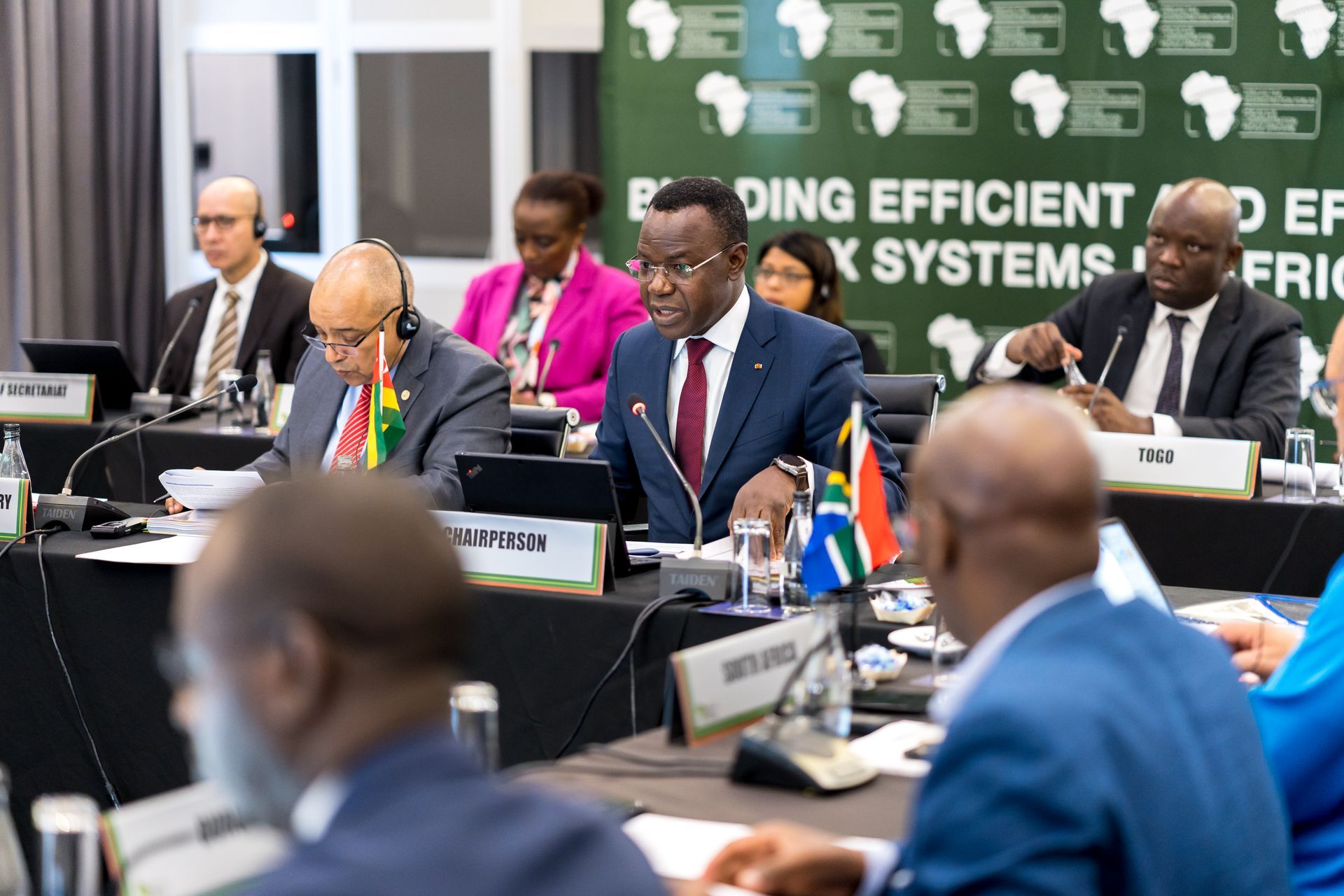ATAF STATEMENT: THE FINAL REPORT OF THE UN SECRETARY-GENERAL ON THE “PROMOTION OF INCLUSIVE AND EFFECTIVE INTERNATIONAL TAX COOPERATION AT THE UNITED NATIONS”

Cet article est également disponible en français
Este artigo também está disponível em português
The African Tax Administration Forum (ATAF) welcomes the release of the final Report of the UN Secretary-General on the “Promotion of inclusive and effective international tax cooperation at the United Nations.” ATAF is pleased to note that some of the comments in the ATAF submission to the Report have been taken on board for further deliberations by Member States.
New forms of doing business, especially digital models, are creating significant challenges to the existing international tax rules. This has brought into the spotlight the need for new solutions that incorporate the needs of developing countries and go beyond the challenges created by new business models. In particular, the current imbalance in the allocation of taxing rights between residence and source countries has been an issue of major concern for ATAF, which we have consistently raised in all our interactions on the global standard-setting agenda. The Report underscores the same concern, noting that existing treaty rules do not reserve sufficient taxing rights for countries hosting multinational enterprises and constituting markets for their products, and allows for base erosion and profit shifting to the detriment of developing countries. Inclusion is also vital in bringing about common solutions for addressing tax challenges related to aggressive taxpayer behaviour, updating legal statutes and combatting illicit financial flows.
The Report contains three options, which each provide their unique circumstances and characteristics. The proposed structure includes a UN multilateral instrument, a UN framework convention and a UN framework for international tax cooperation, all underpinned by agreed-upon rules by Member States. ATAF will be following the developments closely while working with our member countries, key partners such as the African Union and other like-minded regional stakeholders to ensure Africa’s tax interests are served in the ongoing discussions by Africa’s political principles through representation at the United Nations. Additionally, ATAF is working with its technical committees and member countries to facilitate a series of regional workshops to appraise the membership on the developments at the United Nations and attain their views and expectations on the process and substance.
While member states deliberate on the most appropriate option to take from the above-listed, it is vital that there is transparency, full participation and inclusion. The option selected should aim to address pressing and important areas of international tax cooperation that they consider critical to Africa and other developing regions that were not addressed and still bear gaps in the recent changes in the global tax rules, in particular the Two-Pillar Solution. The critical issue of simplicity in the tax rules should also be prioritised as a way of improving compliance, especially in the developing world.
International tax cooperation is required more now than ever, with mounting calls for a review of the international financial architecture. African countries are battling the effects of the COVID-19 pandemic, historically high debt levels that are increasingly difficult to meet due to rapidly rising interest rates, which are all hampering efforts to deliver the economic growth needed to meet the Sustainable Development Goals and The AU Agenda 2063. Enhanced domestic resource mobilisation through a stronger, equitable and more inclusive forum for standard-setting will be vital if Africa is to address these challenges.
ATAF looks forward to the developments, and we remain engaged in order to support the work of our members and that of the United Nations.










